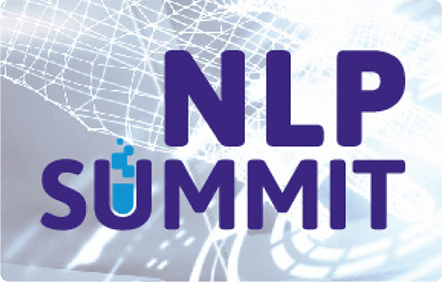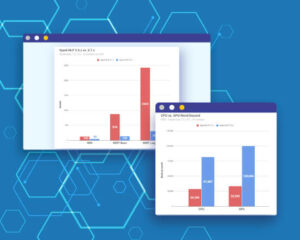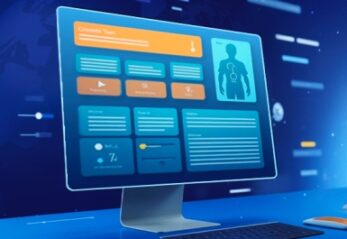New Research Explores Tools, Technologies, and Criteria for AI Adoption and Practices Across the Healthcare and Life Sciences Industry
John Snow Labs, the AI and NLP for healthcare company, developer of the NLP library and host of the Healthcare NLP Summit, today announced the findings of its first-ever AI in Healthcare Survey Report. The research, which explores the technologies, tools, and criteria for AI adoption and practices among healthcare and life sciences practitioners, was conducted by Gradient Flow, an independent data science analysis and insights provider.
The findings will be presented at the upcoming Healthcare NLP Summit in a keynote presentation titled, “Industry Survey Analysis: AI in Healthcare 2021.” Hosted by John Snow Labs, the free, virtual event is dedicated to healthcare natural language processing (NLP) applications, showcasing best practices, real-world case studies, and the latest technology in use today. Registration is now open for the summit, which will take place online from April 6-9.
The global AI in the healthcare market size is expected to grow from just under $5 billion in 2020 to $45.2 billion by 2026 (MarketsandMarkets). According to findings from John Snow Labs’ recent NLP Survey issued in October, NLP budgets are growing consistently across industries, company sizes, stages of NLP adoption, and geographic locations, despite a pandemic-driven downturn in overall IT spending last year. This growth trajectory is consistent with our latest survey findings, which show NLP becoming a key foundational AI technology along with data integration and business intelligence (BI).
Interestingly, as AI moves from research to production, survey results demonstrate a shift from the use by data scientists and technical personnel to clinicians and patients. When asked who the intended users are for AI tools and technologies, more than half of all respondents signaled clinicians among their target users. Of mature organizations, those classified as having extensive AI experience, 59% indicated that patients were also users of AI technologies. This further exemplifies the democratization of AI technology in healthcare and the many applications it can provide in a clinical setting.
Other key findings include:
- When asked what technologies they plan to have in place by the end of 2021, respondents cited data integration (45%), NLP (36%), and BI (33%).
- The most popular forms of software being used to build AI solutions in healthcare are open source software (53%) and public cloud providers (42%).
- Companies that have experience deploying models to production reported relying on their own data and monitoring tools over external solutions, while companies still in the early stages of exploring AI are more open to evaluation metrics provided by software vendors.
- Technical leaders value state-of-the-art accuracy (48%), no data sharing with software vendors (44%), and the ability to train their own models (42%) when evaluating machine learning, NLP, or computer vision solutions.
- When evaluating software libraries or SaaS solutions, technical leaders value healthcare-specific models and algorithms (42%) and a production-ready codebase (40%).
- Technical leaders value expertise in healthcare data engineering, integration, and compliance (41%) and no sharing or derivative rights of data or code (45%) when selecting consulting companies to work with.
“We’re at a point of inflection for AI adoption in the healthcare and life sciences industry, and understanding how organizations are applying these technologies, who is using them, and the challenges and breakthroughs they’re seeing in practice is vital to continuing our progress in the field,” said Dr. Ben Lorica, Survey Co-Author, and External Program Chair, Healthcare NLP Summit. “With the increased investment and interest in areas such as NLP, BI, and data integration, it’s encouraging to see how a highly-regulated industry like healthcare is applying innovative technology to advance research and improve care while balancing responsible practices and data privacy requirements.”
The full AI in Healthcare Survey Report results can be downloaded here. To further explore some of the most important trends and developments in AI and NLP in healthcare, join John Snow Labs and speakers from leading organizations including Roche, Cigna, Kaiser Permanente, Merck, Amazon Health AI, MIT-IBM Watson AI Lab, and others at the Healthcare NLP Summit.






























